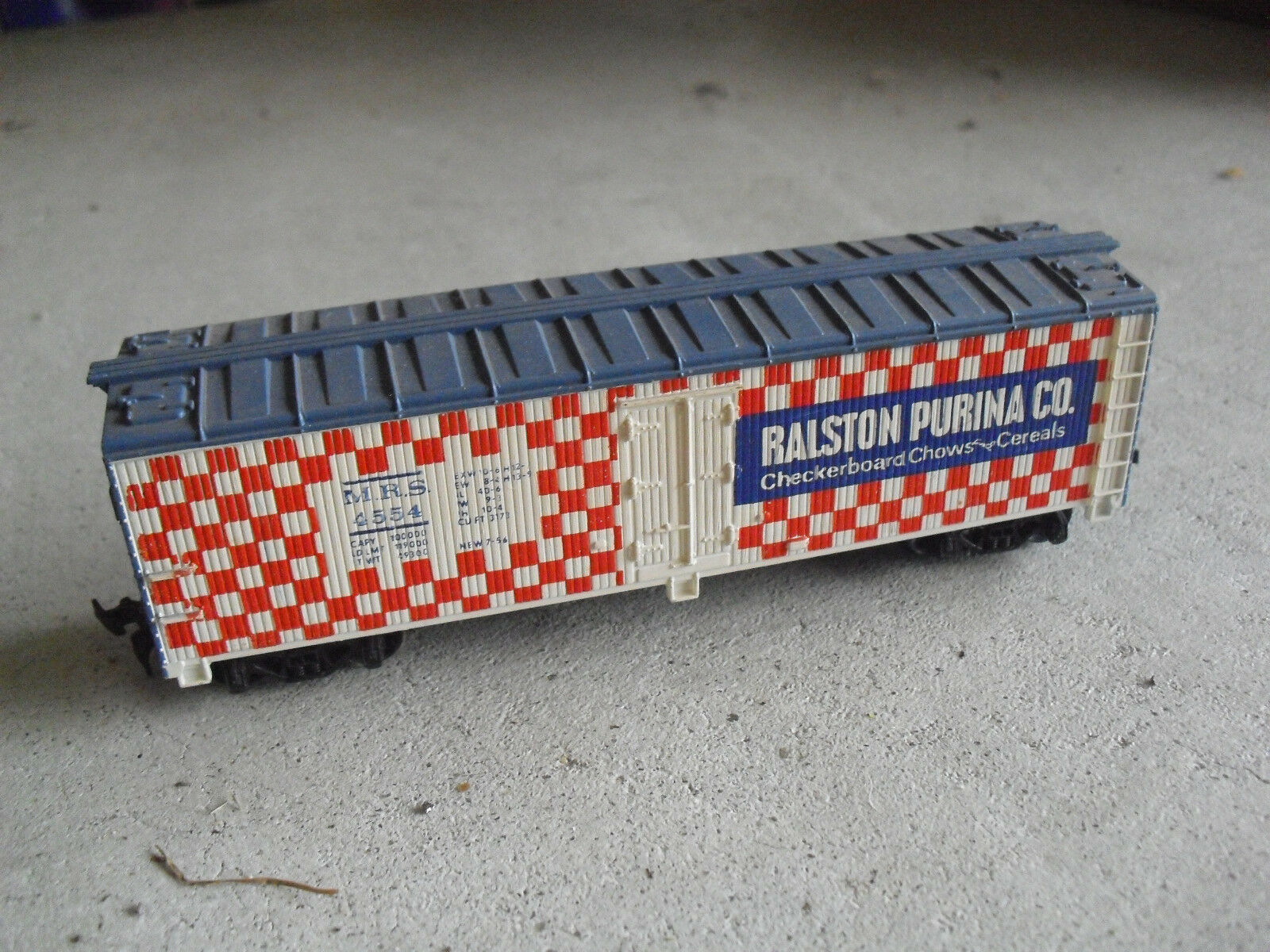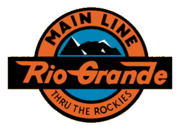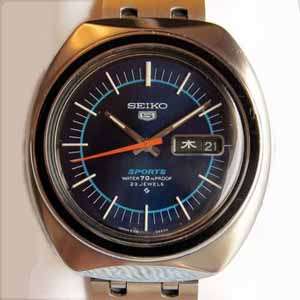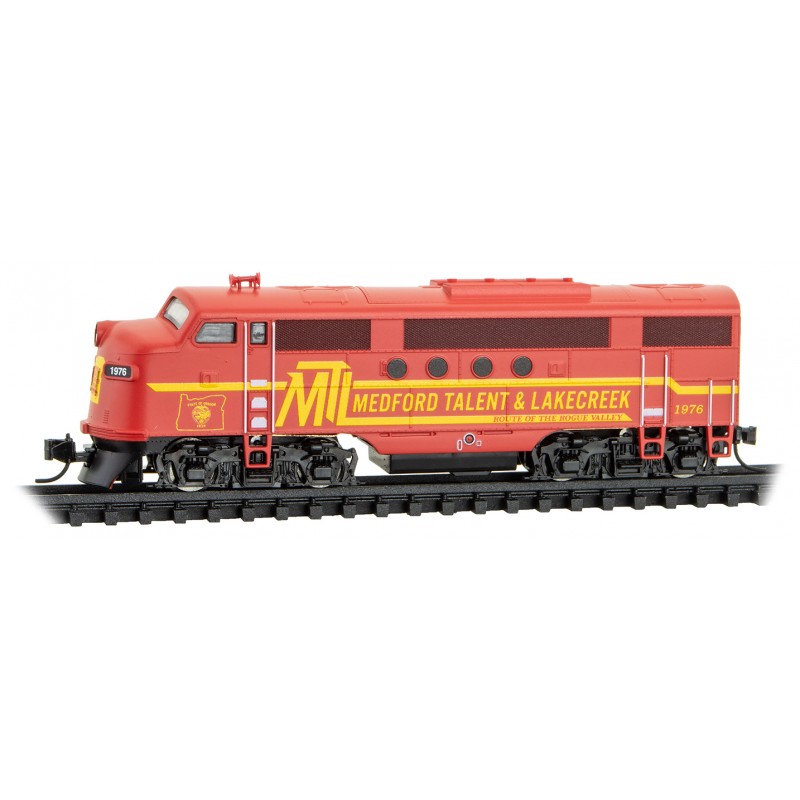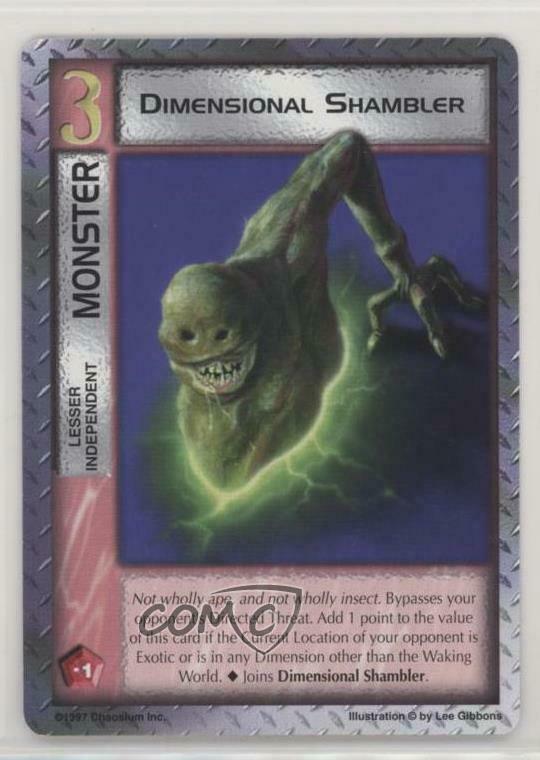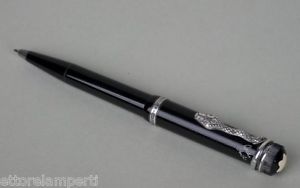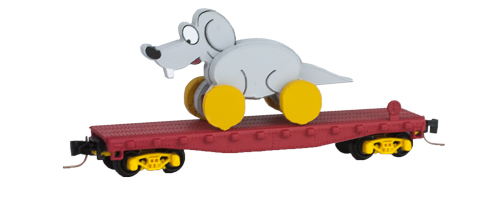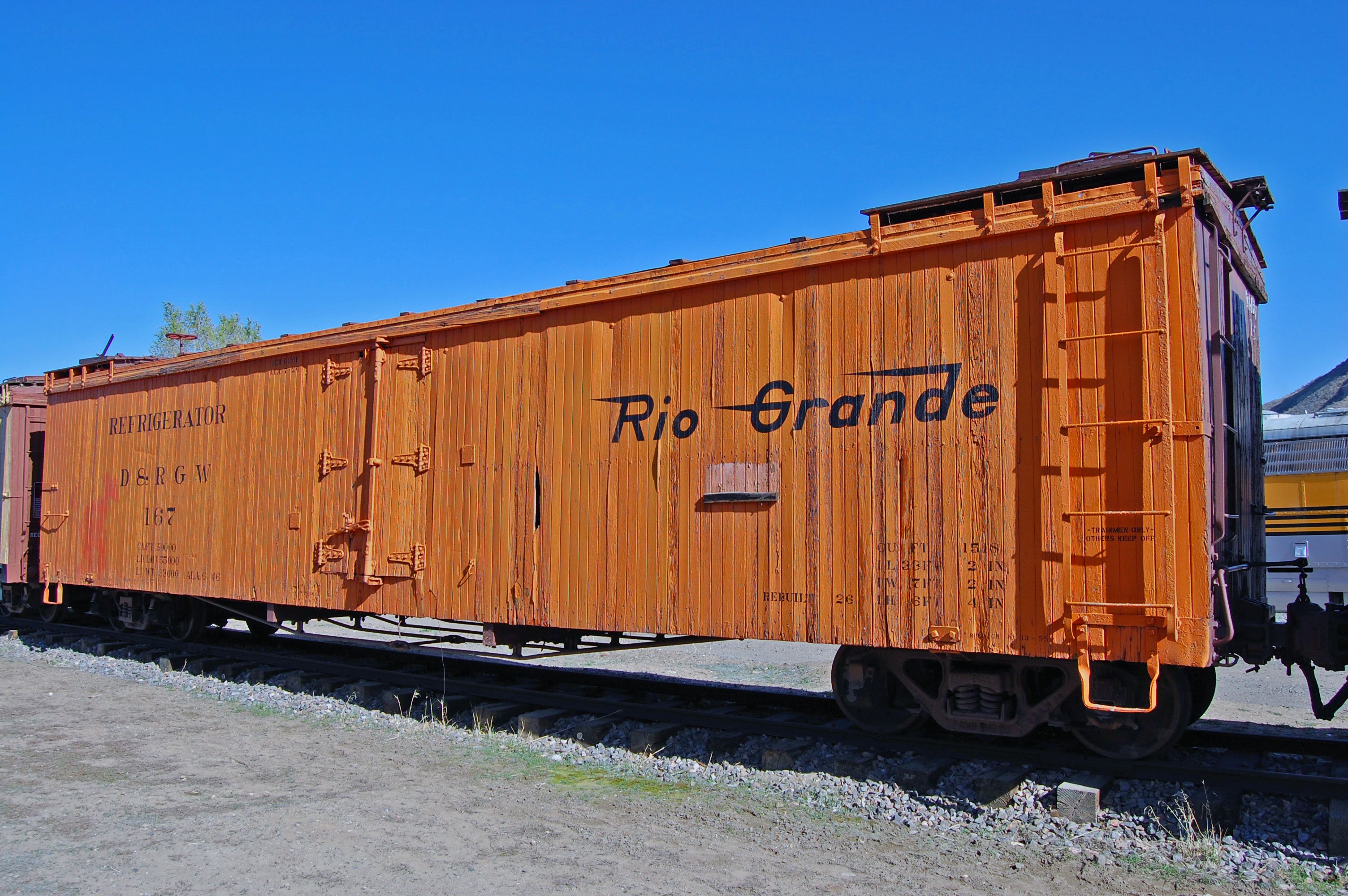General Information About Item: There are three known variations of this Ralston Purina car:
1. with Blue roof and ends
2. with Blue roof and ends, but checkerboard pattern not extending out to the end of the car
3. with Red roof and ends
1. with Blue roof and ends
2. with Blue roof and ends, but checkerboard pattern not extending out to the end of the car
3. with Red roof and ends
Body Style Information: TYCO utilized the same 40-foot refrigerator car under three different names. Originally the car carried the 329 series stock number and was simply called a Reefer. TYCO also used the car as a Billboard Reefer with a 355 series number. And finally, TYCO also calling this 40' ice-hatch refrigerator car an Old-Time Reefer that was the 370 series numbered freight car offerings. This car's shell tooling is a single piece with separate brake wheel applied. Examples examine for the Billboard Reefer series are known to feature filled-in steps.
Though it may surprise some, many of the billboard schemes found on TYCO's Reefer models did have prototypes in the real world. The prototype may well have been a different type of refrigerator box car, but TYCO's paint schemes weren't far off the mark. The ICC (Interstate Commerce Commission) passed a ruling in 1934 that made cars carrying advertising on their sides prohibited from the rails.
From HO-Scale Trains Resource.
Though it may surprise some, many of the billboard schemes found on TYCO's Reefer models did have prototypes in the real world. The prototype may well have been a different type of refrigerator box car, but TYCO's paint schemes weren't far off the mark. The ICC (Interstate Commerce Commission) passed a ruling in 1934 that made cars carrying advertising on their sides prohibited from the rails.
From HO-Scale Trains Resource.
Prototype Information: In 1924 and 1926, the D&RGW shops in Alamosa built one last class of refrigerator cars, still made mostly of wood: twenty "long" reefers, with a length of 40ft and a capacity of 25 tons (#150 to 169). They rode on Andrews trucks and were designed to have the same capacity as a small standard gauge refrigerator car, to facilitate transhipments at the gauge changing points. In 1967, 12 of these refrigerator cars were still active on the Rio Grande. Today, four long reefers are conserved on the Cumbres & Toltec Scenic Railroad (#157, 163, 166 and 169), two at the Colorado Railroad Museum (#159 and 167), one on the Georgetown Loop Railroad (#153) and #168 is part of the Sumpter Valley Railway collection.
Road/Company Information: 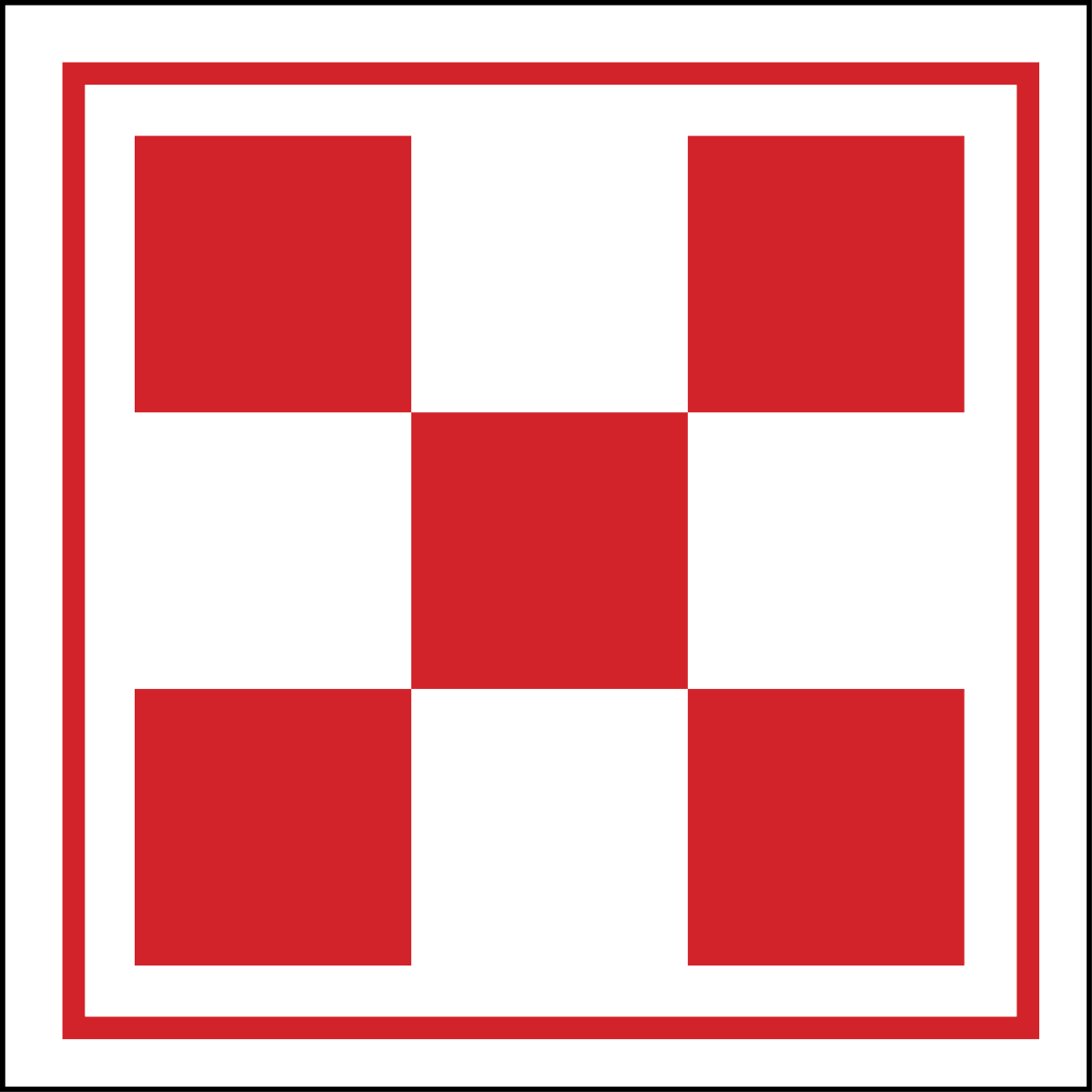 Ralston Purina Company was a St. Louis, Missouri-based American animal feed and pet food company. On December 12, 2001, it merged with Swiss food-giant Nestlé's Friskies division to form Nestlé Purina PetCare Company.
Ralston Purina Company was a St. Louis, Missouri-based American animal feed and pet food company. On December 12, 2001, it merged with Swiss food-giant Nestlé's Friskies division to form Nestlé Purina PetCare Company.
Ralston Purina (originally Ralston-Purina) traces its roots to 1894, when founder William H. Danforth established the animal feed company Purina Mills. Its predominant brand for each animal was generally referred to as "Chow"; hence "Purina Horse Chow", "Purina Dog Chow", "Purina Cat Chow", "Purina Rabbit Chow", "Purina Pig Chow", and even "Purina Monkey Chow". Later, the company began producing cereal, which received endorsement by Webster Edgerly, founder of Ralstonism, to market Ralston breakfast cereals. Edgerly was at the time promoting the consumption of whole-grain cereal. These cereals became so successful that the name of the enterprise was changed in 1902 to the Ralston-Purina Company.
In 1986, Ralston Purina sold Purina Mills, its US animal feed business, to British Petroleum. Purina Mills is now owned by Land O'Lakes. In 1994, the Ralston "human food" operations of the Ralston Purina Company were spun off into a new company called Ralcorp Holdings. In 1998, Ralston Purina spun off its international animal feed business as Agribrands which was acquired by Cargill in 2001. The animal feed businesses continue to use the Purina and Chow brands which Purina Mills and Cargill license for use in the US and internationally, respectively.
From Wikipedia

Ralston Purina (originally Ralston-Purina) traces its roots to 1894, when founder William H. Danforth established the animal feed company Purina Mills. Its predominant brand for each animal was generally referred to as "Chow"; hence "Purina Horse Chow", "Purina Dog Chow", "Purina Cat Chow", "Purina Rabbit Chow", "Purina Pig Chow", and even "Purina Monkey Chow". Later, the company began producing cereal, which received endorsement by Webster Edgerly, founder of Ralstonism, to market Ralston breakfast cereals. Edgerly was at the time promoting the consumption of whole-grain cereal. These cereals became so successful that the name of the enterprise was changed in 1902 to the Ralston-Purina Company.
In 1986, Ralston Purina sold Purina Mills, its US animal feed business, to British Petroleum. Purina Mills is now owned by Land O'Lakes. In 1994, the Ralston "human food" operations of the Ralston Purina Company were spun off into a new company called Ralcorp Holdings. In 1998, Ralston Purina spun off its international animal feed business as Agribrands which was acquired by Cargill in 2001. The animal feed businesses continue to use the Purina and Chow brands which Purina Mills and Cargill license for use in the US and internationally, respectively.
From Wikipedia
Brand/Importer Information: The history of TYCO trains can be traced back to John Tyler, a pioneer in HO scale who helped found the Mantua Toy & Metal Products Company in 1926 with other members of his family. They began selling trains under the Mantua name in the 1930s. Early offerings included the powerful Midjet Motor as well as a variety of rolling stock and steam locomotive kits. The shift towards “ready-to-run” (RTR) train sets after World War II led to the creation of the Tyler Manufacturing Company in 1952, better known as TYCO .
Consolidated Foods purchased TYCO in 1970, and manufacturing was shifted from New Jersey to Hong Kong. Consolidated Foods would later change its name to Sara Lee, though Norman Tyler remained as an executive with the new company. This change in ownership ushers in the “brown-box” period for collectors. Prior to 1970, TYCO offered models that reflected fairly accurate prototypes. After 1970, TYCO’s offerings wander into a fantasy world of unprototypical models.
The TYCO model railroad business was bought back by the Tyler family in 1977, who revived them under the Mantua Industries brand. Model train production by TYCO ended in the 1990s, with the final catalog appearance in 1993. The TYCO name continues as a line of radio-controlled cars produced by Mattel.
Many of the TYCO model train products were subsequently manufactured by Mantua and by International Hobby Corporation (IHC). In 2001, Mantua stopped producing its model railroad lines and sold the business to the Model Power company, which continued to sell a few items such as steam engines and freight cars under its Mantua Classics brand. In early 2014, Model Power was acquired by Model Rectifier Corporation (MRC). The company continued to make the Mantua Classics line.
Read more on HO Scale Train Resources and TYCO Brown-Box Era websites.
Consolidated Foods purchased TYCO in 1970, and manufacturing was shifted from New Jersey to Hong Kong. Consolidated Foods would later change its name to Sara Lee, though Norman Tyler remained as an executive with the new company. This change in ownership ushers in the “brown-box” period for collectors. Prior to 1970, TYCO offered models that reflected fairly accurate prototypes. After 1970, TYCO’s offerings wander into a fantasy world of unprototypical models.
The TYCO model railroad business was bought back by the Tyler family in 1977, who revived them under the Mantua Industries brand. Model train production by TYCO ended in the 1990s, with the final catalog appearance in 1993. The TYCO name continues as a line of radio-controlled cars produced by Mattel.
Many of the TYCO model train products were subsequently manufactured by Mantua and by International Hobby Corporation (IHC). In 2001, Mantua stopped producing its model railroad lines and sold the business to the Model Power company, which continued to sell a few items such as steam engines and freight cars under its Mantua Classics brand. In early 2014, Model Power was acquired by Model Rectifier Corporation (MRC). The company continued to make the Mantua Classics line.
Read more on HO Scale Train Resources and TYCO Brown-Box Era websites.
Manufacturer Information: The history of TYCO trains can be traced back to John Tyler, a pioneer in HO scale who helped found the Mantua Toy & Metal Products Company in 1926 with other members of his family. They began selling trains under the Mantua name in the 1930s. Early offerings included the powerful Midjet Motor as well as a variety of rolling stock and steam locomotive kits. The shift towards “ready-to-run” (RTR) train sets after World War II led to the creation of the Tyler Manufacturing Company in 1952, better known as TYCO .
Consolidated Foods purchased TYCO in 1970, and manufacturing was shifted from New Jersey to Hong Kong. Consolidated Foods would later change its name to Sara Lee, though Norman Tyler remained as an executive with the new company. This change in ownership ushers in the “brown-box” period for collectors. Prior to 1970, TYCO offered models that reflected fairly accurate prototypes. After 1970, TYCO’s offerings wander into a fantasy world of unprototypical models.
The TYCO model railroad business was bought back by the Tyler family in 1977, who revived them under the Mantua Industries brand. Model train production by TYCO ended in the 1990s, with the final catalog appearance in 1993. The TYCO name continues as a line of radio-controlled cars produced by Mattel.
Many of the TYCO model train products were subsequently manufactured by Mantua and by International Hobby Corporation (IHC). In 2001, Mantua stopped producing its model railroad lines and sold the business to the Model Power company, which continued to sell a few items such as steam engines and freight cars under its Mantua Classics brand. In early 2014, Model Power was acquired by Model Rectifier Corporation (MRC). The company continued to make the Mantua Classics line.
Read more on HO Scale Train Resources and TYCO Brown-Box Era websites.
Consolidated Foods purchased TYCO in 1970, and manufacturing was shifted from New Jersey to Hong Kong. Consolidated Foods would later change its name to Sara Lee, though Norman Tyler remained as an executive with the new company. This change in ownership ushers in the “brown-box” period for collectors. Prior to 1970, TYCO offered models that reflected fairly accurate prototypes. After 1970, TYCO’s offerings wander into a fantasy world of unprototypical models.
The TYCO model railroad business was bought back by the Tyler family in 1977, who revived them under the Mantua Industries brand. Model train production by TYCO ended in the 1990s, with the final catalog appearance in 1993. The TYCO name continues as a line of radio-controlled cars produced by Mattel.
Many of the TYCO model train products were subsequently manufactured by Mantua and by International Hobby Corporation (IHC). In 2001, Mantua stopped producing its model railroad lines and sold the business to the Model Power company, which continued to sell a few items such as steam engines and freight cars under its Mantua Classics brand. In early 2014, Model Power was acquired by Model Rectifier Corporation (MRC). The company continued to make the Mantua Classics line.
Read more on HO Scale Train Resources and TYCO Brown-Box Era websites.
Item created by: luchestr on 2022-05-23 17:01:02. Last edited by Alain LM on 2022-05-26 05:25:21
If you see errors or missing data in this entry, please feel free to log in and edit it. Anyone with a Gmail account can log in instantly.
If you see errors or missing data in this entry, please feel free to log in and edit it. Anyone with a Gmail account can log in instantly.


